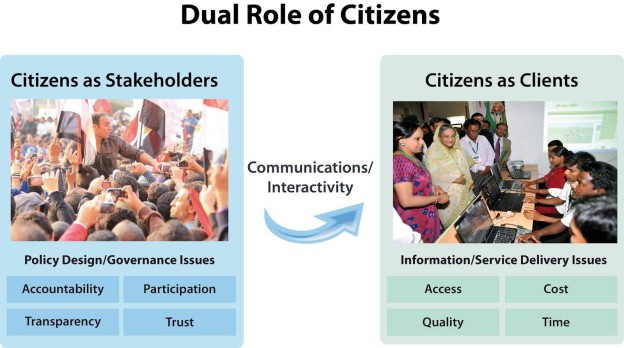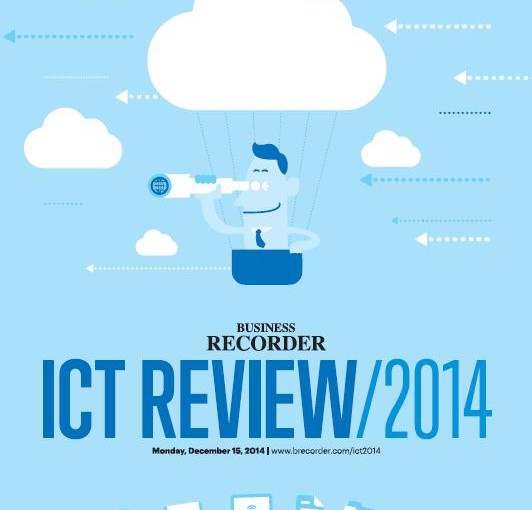Category: Open Government
-
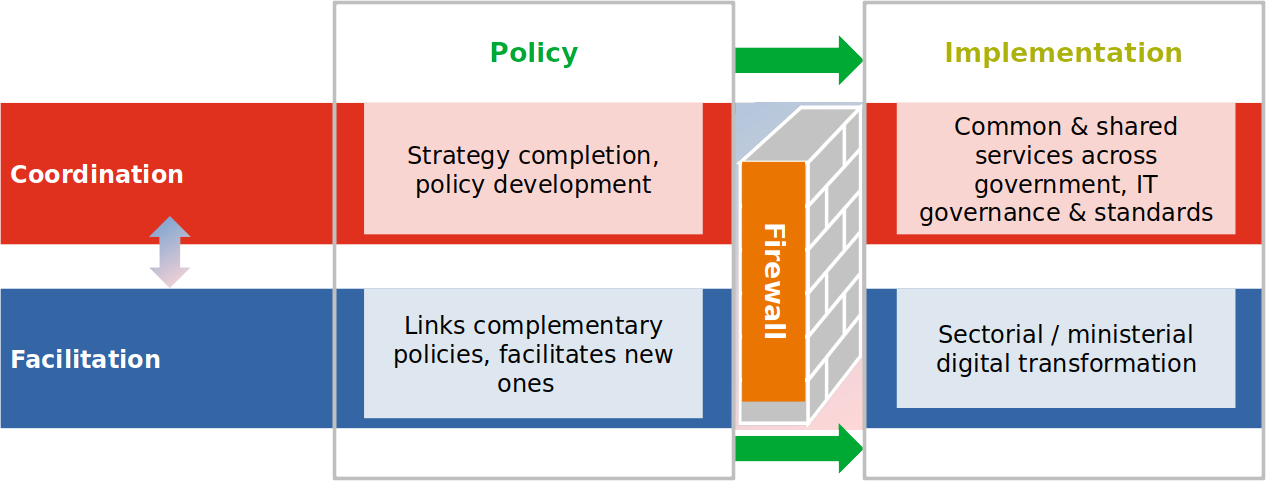
Digital Government Revisited – III
Institutions matter, more so for the development and implementation of Digital Government (DG), whose core target is public institutions’ transformation. On the one hand, public institutions should have an array of capacities to ensure public investments in digital technologies are effectively managed from beginning to end. In many low-income countries, such capabilities are exiguous or…
-
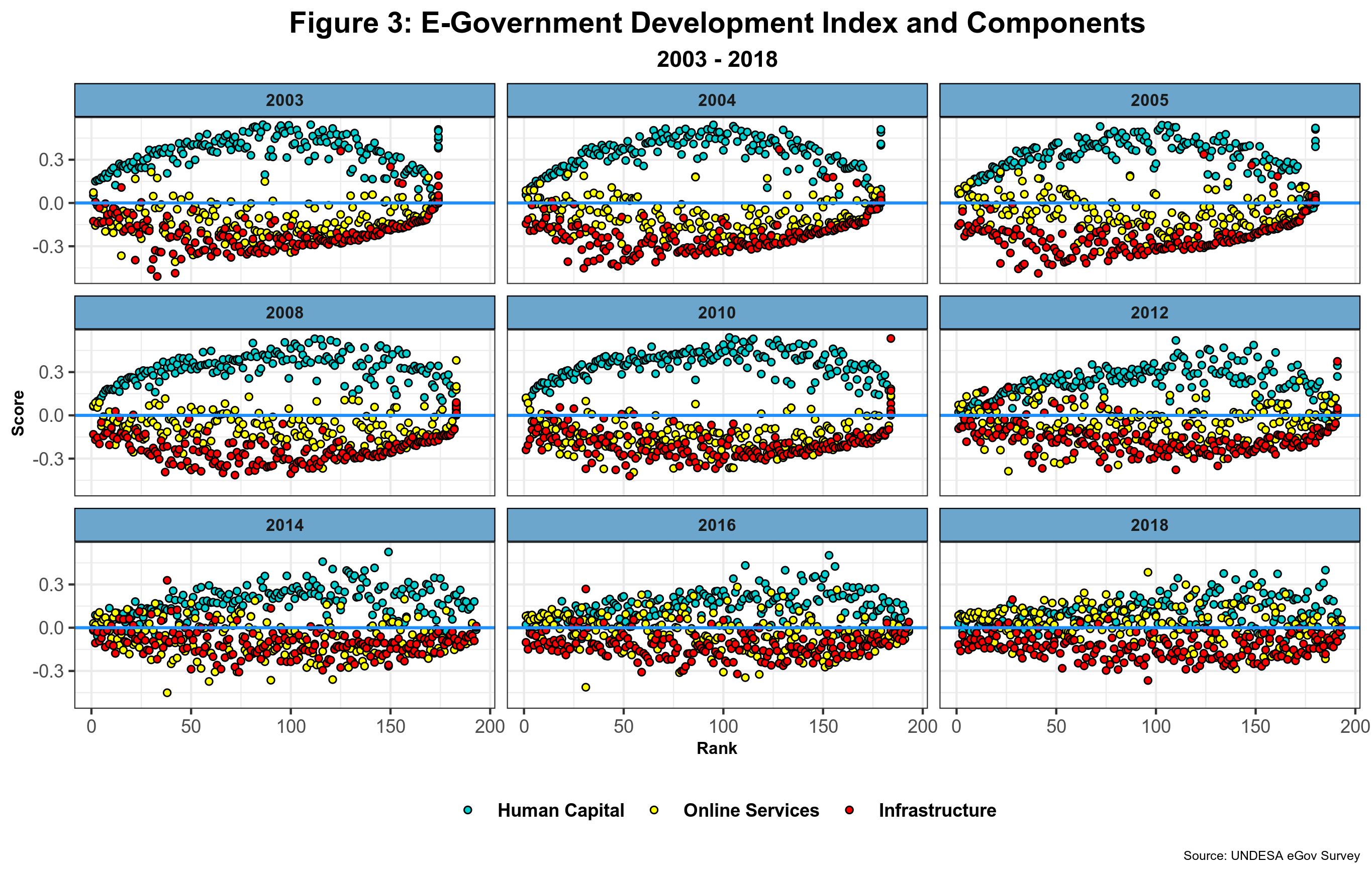
E-government Development II
In this sequel post, I will look at the various components of the UNDESA e-government index and then introduce the EIU democracy index to explore potential interlinks between the two, Components The e-government development index (EGDI) comprises three distinct components 1. Online services. 2. Telecom infrastructure. And 3. Human capital. While the last two are…
-
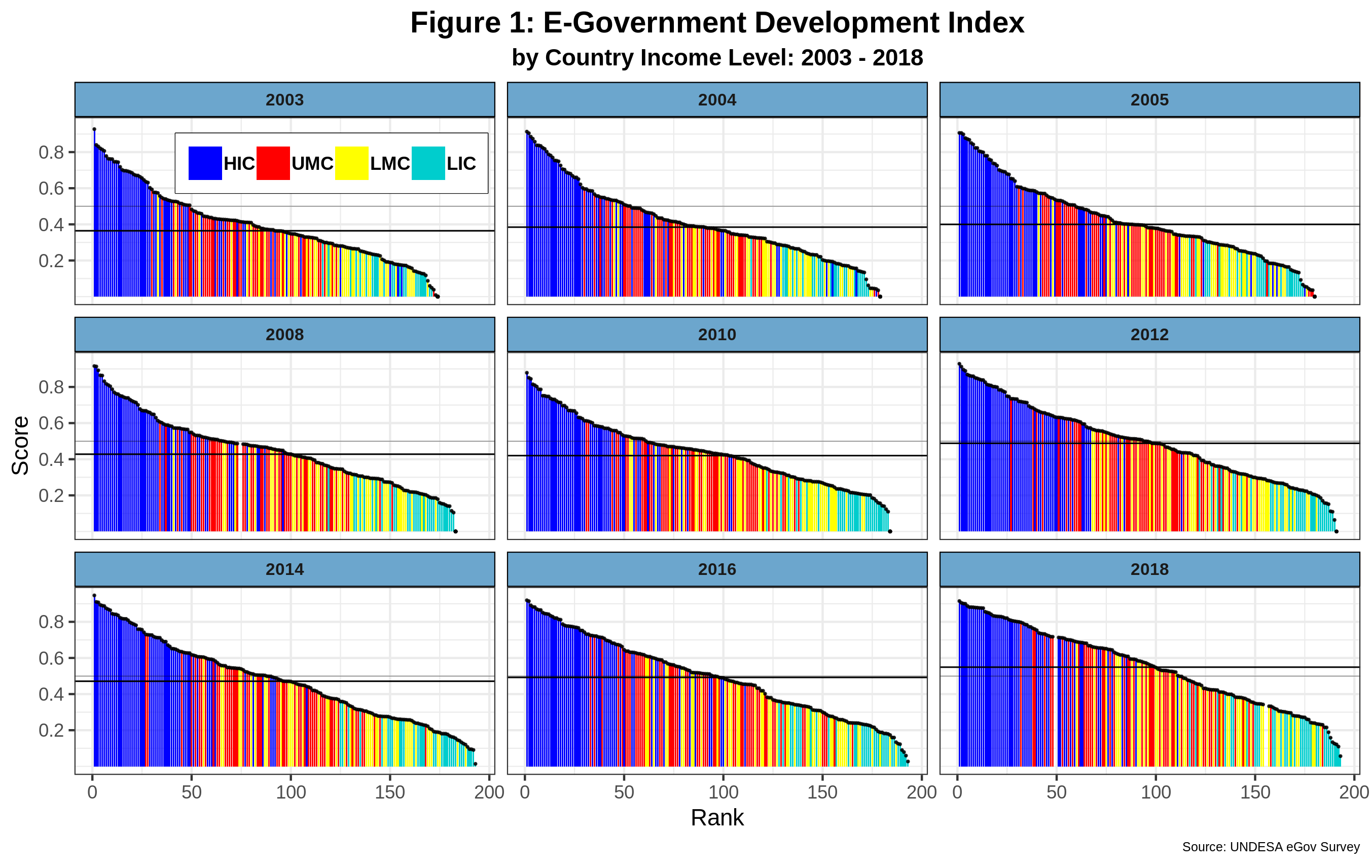
E-government Development I
Birth Running on the coattails of the now infamous dot-com bubble, e-government first saw the light of day before the end of the last Millennium. At that time, where hype overtook the tech scene yet again, adding ‘e’ (as in electronic) to almost any theme became quite fashionable. First in the scene was e-commerce (and…
-
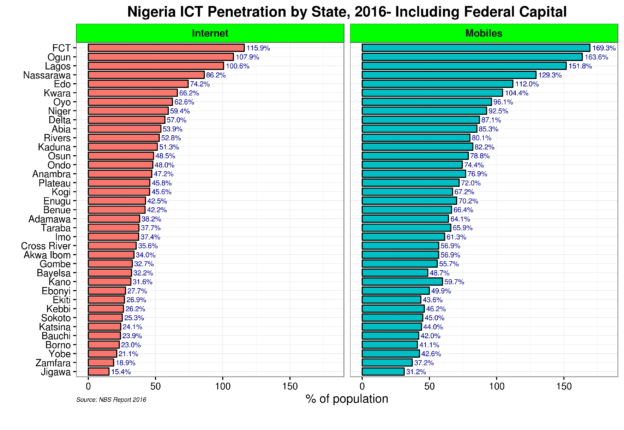
Status of ICT diffusion in Nigeria
I have been engaged on a short term Nigeria-based consultancy on the role ICTs1 Just in case, ICTs = Information and Communication Technologies. could play in promoting citizen engagement in public policy and decision-making processes – or what some call e-participation. Part of the job requires research on the rate of ICT diffusion in the…
-

Relation between ICT Adoption and State Capacity
Introduction According to many observers, the rapid diffusion of new ICTs such as the Internet and social media has empowered people worldwide. Today, social media users, for example, have direct access to the public sphere and can thus launch campaigns to sway public opinion. These new channels have given voice to millions of people who…
